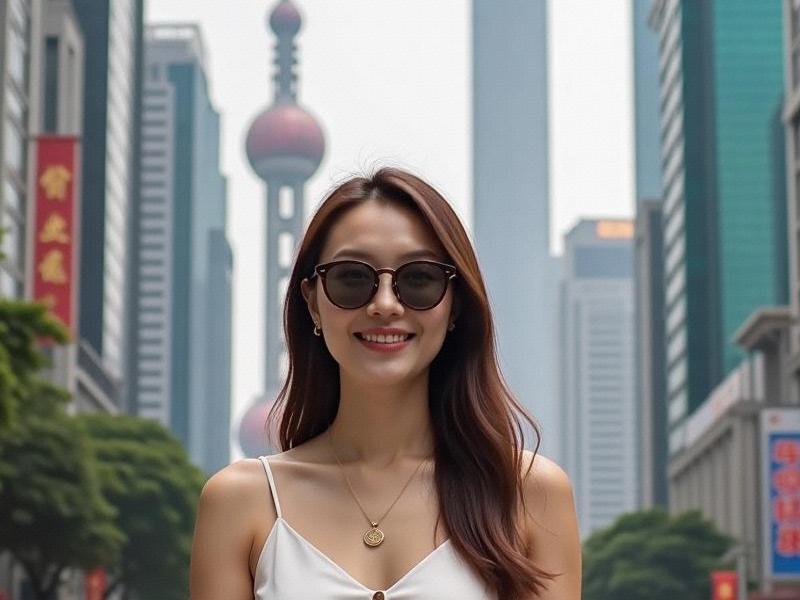
Section 1: Geography of the Unseen (600 words)
1. Hidden Creative Clusters:
- Abandoned industrial bunkers in Yangpu
- Repurposed air raid shelters in Jing'an
- Underground pedestrian passages in Pudong
- Rooftop communities in Hongkou
2. Spatial Alchemy:
- Guerrilla urbanism tactics
- Temporary use permits
- Community negotiation strategies
- Architectural improvisation
Section 2: Cultural Underground Economy (700 words)
1. Alternative Business Models:
- Membership-based collectives
夜上海最新论坛 - Cryptocurrency patronage
- Pop-up retail hybrids
- Experience-based monetization
2. Policy Navigation:
- Regulatory gray zones
- Cultural district designations
- Artist residency programs
- Public-private partnerships
Section 3: Generational Shift (500 words)
1. New Creative DNA:
- Post-materialist values
- Digital-native expression
- Global-local fusion aesthetics
上海龙凤419会所 - Social practice emphasis
2. Technology Integration:
- AR street art mapping
- NFT exhibition spaces
- Sonic architecture experiments
- Haptic feedback installations
Section 4: Global Underground Network (600 words)
1. Transnational Dialogues:
- Berlin-Shanghai artist exchanges
- Tokyo-inspired nightlife concepts
- Southeast Asian festival circuits
- Diaspora creative collaborations
上海喝茶群vx 2. Cultural Diplomacy:
- Underground art as soft power
- Censorship bypass strategies
- Alternative tourism development
- Subculture export mechanisms
Research Methodology:
- 4-month immersive fieldwork
- 32 anonymous artist interviews
- Mapping of 47 underground venues
- Analysis of urban policy documents
- Comparative study with 6 global cities
Conclusion:
Shanghai's underground movement represents both a critique of and complement to the city's official cultural ambitions, creating a parallel creative ecosystem that may hold the key to sustainable urban cultural development in the digital age.
